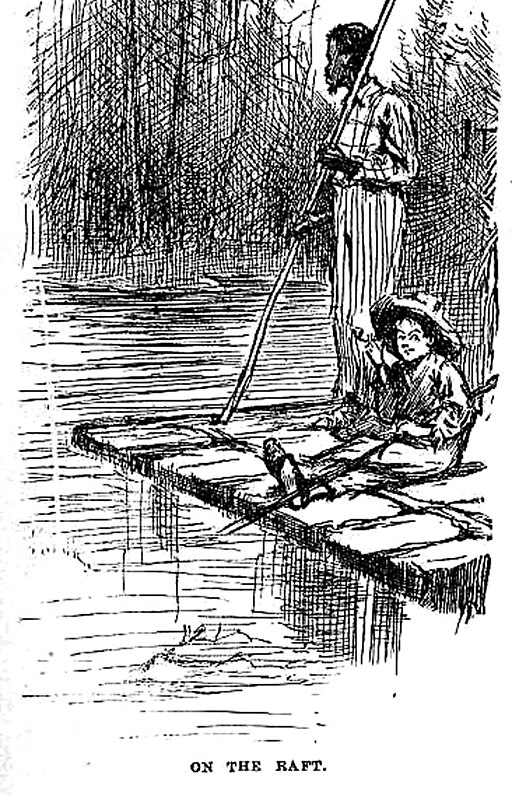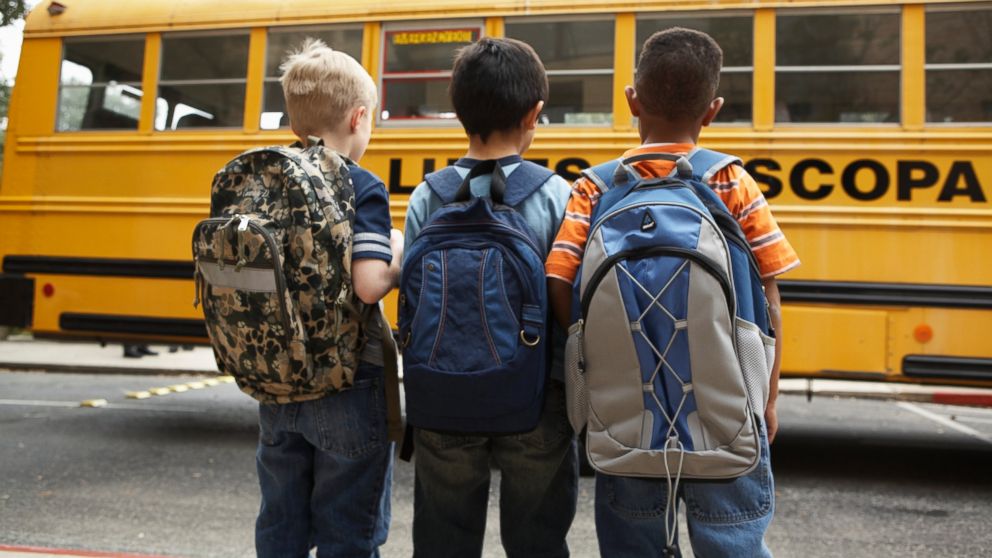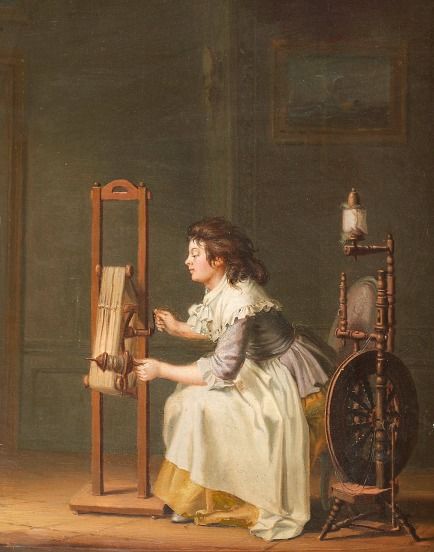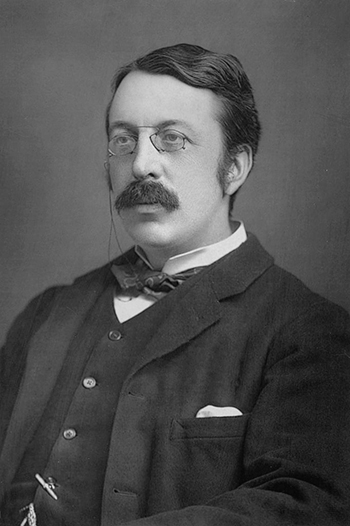“People who look down on other people don’t end up being looked up to.” ~ Robert Half
Percival Everett’s latest book, James, is a masterful, imaginative extension of the life of Huck Finn’s collaborator ‘Jim’, first introduced to us by Mark Twain. Mr. Everett, the Distinguished Professor of English at USC, and winner of every writing prize one can conjure up and probably many we can’t, has created an entirely new, three-dimensional character Mr. Twain was incapable of exploring fully or perhaps was afraid to. I’ll admit I have not gone back yet to reread Huck Finn and I intend to, but some of the strange parameters meant to proscribe the humanity of the slave class in the Nineteenth-Century South, and laid down in James from the point of view of the slave him or herself, fascinated me as I finish editing my upcoming book on the life of Joseph Bologne. Continue Reading






